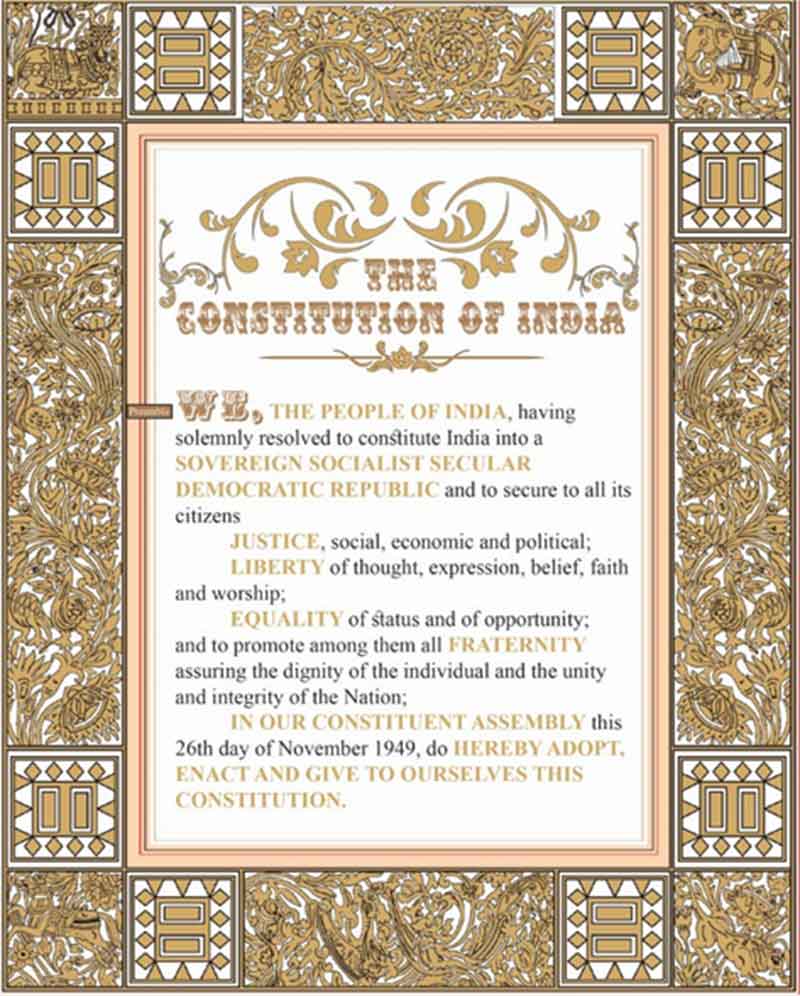
In the early seventh century in rural England, the process of territorialisation has played a major role in the transformation of land into private property in its institutionalised form. This transformation was facilitated through the implementation of various practices such as surveying, husbandry, and legal frameworks. The rise of territorialisation marked a profound shift in the relationship between communities and the land they inhabited. The transition from communal ownership, often associated with divine commons, to private property rights reshaped the dynamics of land usage and stewardship. Previously, land had been held collectively, with communities sharing rights and responsibilities for its collective usage and communitarian management.
However, as territorialisation advanced, individual ownership emerged as the predominant form of land tenure. Surveying techniques allowed for the precise delineation of property boundaries, facilitating the demarcation of individual land parcels. Concurrently, advancements in agricultural husbandry practices improved land productivity, incentivising individuals to assert control over specific tracts of land for personal gain. Moreover, legal systems began to recognise and enforce individual property rights, granting landowners exclusive authority over their holdings. This legal framework provided the foundation for the establishment of private property norms, further solidifying the concept of individual land ownership. As a result, the once-shared relationship between communities and the land gradually shifted towards one characterised by private individual rights. This transformation not only altered the economic landscape but also had profound social and cultural implications, fundamentally reshaping the way people interacted with and perceived their environment.
The process of land privatisation in England did not begin solely in the early seventh century but rather unfolded over several centuries, with significant milestones marking its progression. While territorialisation laid the groundwork for the emergence of private property, it was the Norman Conquest of 1066 that initiated a more pronounced shift towards private ownership of land. The Norman Conquest brought about a restructuring of land ownership, as William the Conqueror redistributed vast tracts of land among his supporters, consolidating power and establishing a feudal system. This redistribution fundamentally altered the landscape of land tenure, with large estates granted to Norman nobles in exchange for military service, effectively privatising formerly communal land.
However, it was not until the period of the Enclosures during the 16th century that land privatisation reached its zenith. Enclosure Acts were passed by the English Parliament, allowing landowners to convert common lands into private property by enclosing them with fences or hedges. This process, driven by economic and social factors, led to the displacement of rural communities and the concentration of land ownership in the hands of a wealthy elite. The Enclosure Acts not only solidified the concept of land as private property but also catalysed the transition to more intensive agricultural practices, contributing to the growth of capitalism and the emergence of a modern agricultural economy. Therefore, while territorialisation laid the foundation for land privatisation, it was the Norman Conquest and the Enclosure Acts of the 16th century that played pivotal roles in cementing the transformation of land into private property in England.
The process of territorialisation of land indeed played a crucial role in shaping the emergence of Westphalian nation-states in Europe. The Peace of Westphalia, signed in 1648, marked a significant turning point in European history, establishing the principles of state sovereignty and territorial integrity. Central to these principles was the idea of clearly defined borders and exclusive control over a defined territory, laying the groundwork for the modern nation-state system with feudal and rent seeking characteristics.
However, the territorialisation of land did not remain confined to Europe; it was also a central feature of European colonialism. European colonial powers embarked on vast imperial projects aimed at expanding their territorial control and extracting resources from colonised lands. This process involved the imposition of Western legal and administrative frameworks on indigenous societies, often resulting in the dispossession of traditional landowners and the establishment of colonial land tenure systems. Colonialism thus globalised the project of territorialisation of land, as European powers sought to assert control over vast territories in Africa, Asia, the Americas, and Oceania. The primary objectives of colonial territorialization were twofold: to facilitate revenue accumulation through the exploitation of natural resources and labour, and to extend political and economic dominance over colonised people.
In pursuit of these goals, European colonial powers employed various tactics, including land expropriation, forced labour, and the imposition of property laws favouring colonial settlers. These practices not only entrenched colonial control but also perpetuated patterns of land inequality and social injustice that continue to have lasting consequences in many parts of the world today. The imperialist wars, regional organisations, trading routes, geopolitical and military alliances and organisations are territorial by nature. Moreover, the legacy of colonial territorialisation continues to shape contemporary geopolitical dynamics, as post-colonial states grapple with issues of land rights, resource management, and territorial disputes. The enduring legacy of colonialism underscores the complex interplay between land, power, and identity in the modern world, highlighting the need for a nuanced understanding of the historical processes that have shaped our present-day realities, where real estate companies are reproducing landlessness.
The territorialisation of private property has historically accelerated the emergence of individualist and exclusionary societies. Within these societies, the ownership of landed properties has served as a crucial determinant of power and social status for individuals and families. Through their control over these properties, they have exerted influence over both people and natural resources. This phenomenon has laid the groundwork for the feudal system of governance, which has persisted in various iterations worldwide. Consequently, the legacy of private property rights continues to shape social structures and power dynamics in contemporary societies. In the age of techno feudalism, major private and public corporations continue to control vast amount of land in the world today.
Bhabani Shankar Nayak, London Metropolitan University, UK

















































